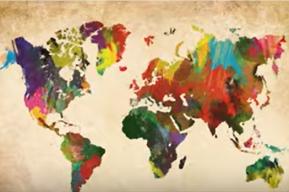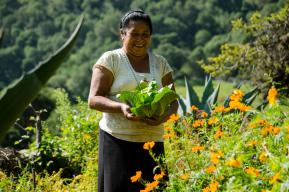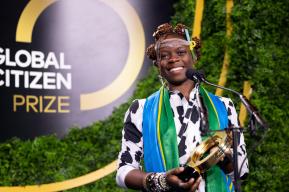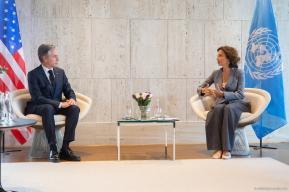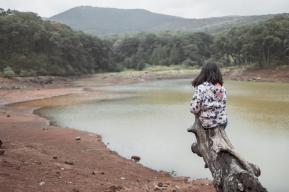Press release
UNESCO and the US deepen their partnership on environmental protection
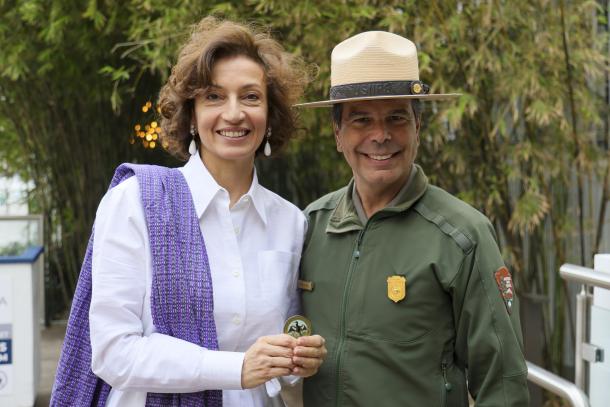
Audrey Azoulay in Florida, in the United States, from 6-8 December, took part in several events linked to the UN Decade for Ocean Sciences (2021-2030), on which UNESCO is the leading UN agency.
While she was there, NOAA and USGS announced that they would join forces with UNESCO on the Ocean Biodiversity Information System (OBIS) with the aim of better mapping and understanding marine diversity.
The two American agencies, working in coordination with the U.S. National Park Service (NPS) and the U.S. Biosphere Network (USBN), will share their scientific data on UNESCO-protected natural sites in the United States via the OBIS. The data will thus be free for the international scientific community to access and exploit, in accordance with the UNESCO Recommendation on Open Science adopted at the end of 2021.
This data will thus be comparable with that collected on other sites around the world, and will be used in research aimed at advancing knowledge of biodiversity and better identifying the impact of climate change on all living species. This increased collaboration between American agencies and UNESCO was triggered by the United States' return to the Organization in July 2023.
Greater Support for The Everglades National Park
Audrey Azoulay also visited The Everglades National Park, a UNESCO Biosphere Reserve, and a site which appears on UNESCO’s list of Heritage in Danger. This humid, tropical zone is home to one of the biggest mangrove ecosystems in the Western Hemisphere. It shelters hundreds of species of flora and fauna, plays an important role in carbon capture and storage, and supplies nearly 9 million people with drinking water.
Several major environmental disturbances threaten The Everglades’ future: pollution linked to human activity, the diversion of the natural course of rivers eroding biodiversity and reducing the surface area of wetlands, the introduction of invasive species, and rising ocean levels leading to an increase in the salinity of freshwater reserves. The United States has announced a 1.5 billion-dollar plan to prevent these threats and restore the area over the coming decades.
On her visit, Audrey Azoulay underscored UNESCO’s commitment to supporting the site's managers by contributing scientific expertise. The Everglades are currently benefiting from a UNESCO programme which maps species non-invasively using environmental DNA. Initial analyses of water samples taken on-site last Spring have already identified 163 species, a quarter of which had never before been recorded in Florida Bay in the OBIS databases.
The Director-General also announced that UNESCO is to launch a new local environmental education programme, with the support of the LVMH group. Over the coming months, the organization will create a methodological guide to good conservation practice, which will be made available to teachers and educators in order to improve awareness among schoolchildren in The Everglades.
Dialogue between scientists and artists
Finally, this visit to Florida was an opportunity for the Director-General of UNESCO to take part in several events at Art Basel Miami, which were designed to strengthen the links between scientists and artists on marine environment protection.
Audrey Azoulay spoke at the Rewilding Symposium, organized by the Bertarelli Foundation and Leonardo Di Caprio's Re:wild Foundation. She also opened the Artist-At-Sea exhibition, featuring works by artists who had spent a month on board the marine research and exploration vessel Falkor. The expedition was co-organized by UNESCO, the Schmidt Ocean Institute and Nautilus magazine, and hosted by the Phillip and Patricia Frost Museum of Science.
Press contact

Phone: +33145681729


